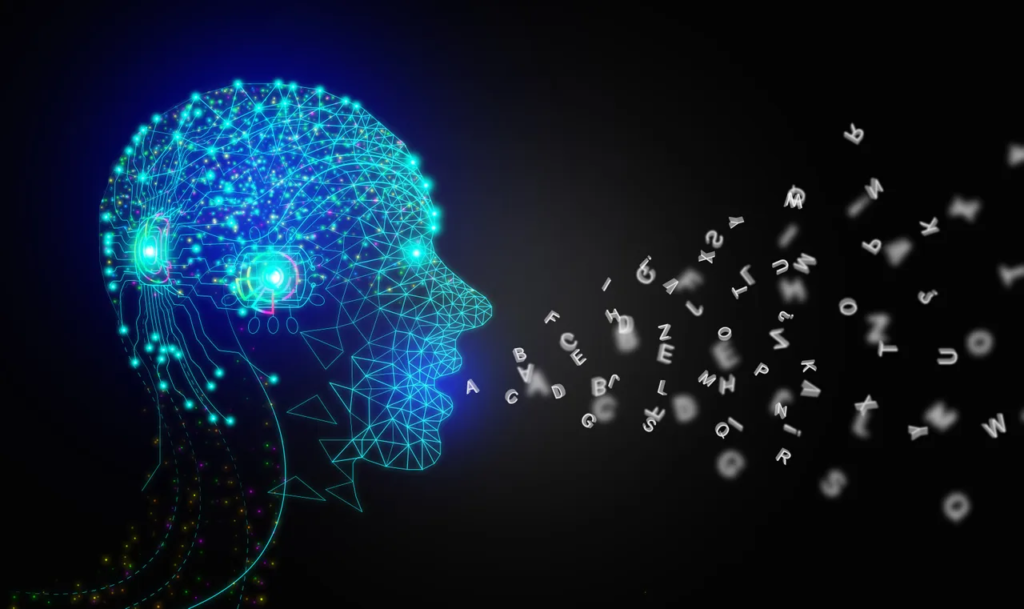~ By : Dr. Shubham Mahajan
Introduction
In recent years, the field of Artificial Intelligence (AI) has experienced remarkable advancements, particularly in the realm of Generative AI, which involves the creation of new data samples that resemble existing data. This paradigm shift has paved the way for unprecedented innovations across various domains, and one of the sectors that stands to benefit the most is healthcare. The marriage of Generative AI and healthcare holds the promise of revolutionizing medical imaging and diagnosis, unlocking new avenues for precision medicine, disease detection, and treatment planning. In this article, we delve into the transformative potential of Generative AI in healthcare and explore its applications, challenges, and ethical considerations.

Generative AI: A Brief Overview
Generative AI is a subset of Artificial Intelligence that focuses on creating data rather than making predictions or classifications. At its core, Generative AI employs advanced algorithms, often based on neural networks, to generate novel content that resembles existing data. One of the most prominent examples of Generative AI is Generative Adversarial Networks (GANs), a class of neural networks comprised of a generator and a discriminator that work in tandem to produce high-quality synthetic data.
Applications in Healthcare
The integration of Generative AI in healthcare has opened up a myriad of possibilities, particularly in the field of medical imaging and diagnosis.
Medical Image Synthesis: Medical images play a crucial role in diagnosing diseases and planning treatments. Generative AI can synthesize high-resolution medical images, aiding in augmenting limited datasets and creating diverse examples for training models. This is particularly valuable in situations where collecting large amounts of real patient data is challenging or time-consuming.
Data Augmentation: Training deep learning models requires substantial labeled data. Generative AI can create additional data samples, helping to address the data scarcity issue, especially in medical domains with rare diseases or conditions.
Enhancing Image Quality: Noise reduction and image enhancement are critical for accurate medical diagnosis. Generative AI techniques can denoise images, improve resolution, and enhance details, thereby assisting radiologists and clinicians in making more precise assessments.
Anomaly Detection: Generative AI models can learn to generate representations of healthy anatomical structures. When presented with an image that deviates from the norm, these models can help identify potential anomalies, aiding in early disease detection.
Virtual Patient Simulations: Generative AI can simulate virtual patients with a wide range of physiological variations. These simulations enable medical professionals to explore different treatment strategies and predict potential outcomes, optimizing patient care.

Challenges and Ethical Consideration
While the potential of Generative AI in healthcare is promising, several challenges and ethical considerations must be addressed:
Data Privacy and Security: Handling patient data raises concerns about privacy and security. Robust measures must be in place to ensure compliance with regulations and safeguard patient information.
Bias and Fairness: Generative AI models can inadvertently learn biases present in the training data. Ensuring fairness and mitigating bias is crucial to avoid perpetuating healthcare disparities.

Clinical Validation: Any AI-driven solution must undergo rigorous clinical validation before being integrated into medical practice. The reliability and accuracy of generated content need to be verified to ensure patient safety.
Interpretability: Understanding the decisions made by Generative AI models is essential for gaining clinicians’ trust. Developing methods for interpreting and explaining the generated content is a vital area of research.
Conclusion
Generative AI is poised to revolutionize healthcare by enhancing medical imaging, diagnosis, and treatment planning. Through its ability to synthesize data, augment datasets, and improve image quality, Generative AI holds the potential to drive forward precision medicine and improve patient outcomes. However, the integration of these technologies must be approached with caution, addressing challenges related to bias, privacy, and validation. As researchers and practitioners in the field of AI and computer vision, it is our responsibility to harness the power of Generative AI while upholding the highest standards of ethics and patient care. With continued research and collaboration, Generative AI could usher in a new era of personalized and efficient healthcare delivery.




